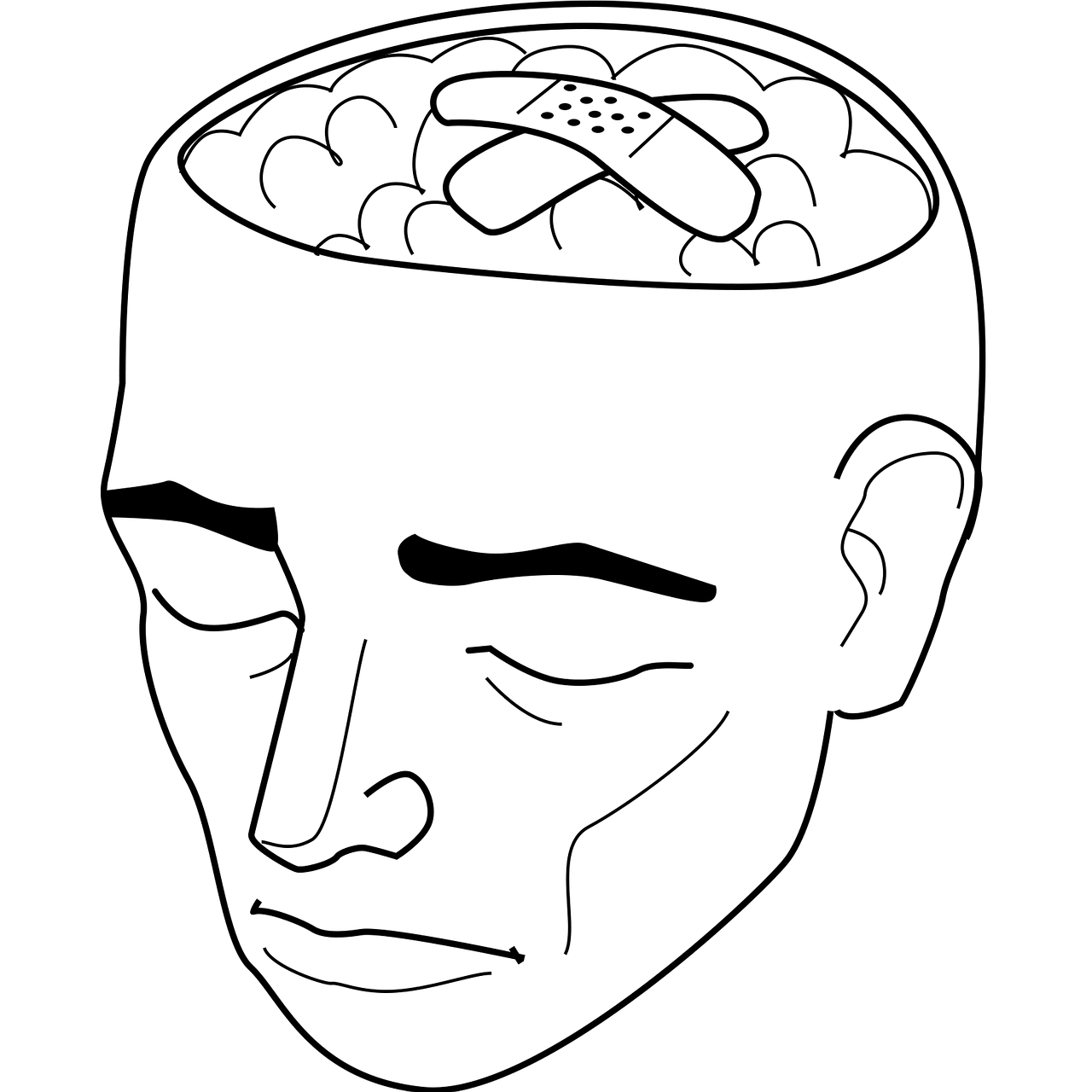This post is also available in Dutch .
Recently the RIVM made a controversial statement that sparked some intense public discussion. Do we agree that 3.8 million out of 17.2 million Dutchmen have a brain disorder?
A few months ago, the Dutch National Institute for Public Health and the Environment (RIVM) published a report stating that 3.8 million out of 17.2 million Dutchmen have a brain disorder. It was especially the broad definition of the term brain disorder that caused disbelief, because it also included mental illnesses such as depression or anxiety disorders. Many, including some mental health professionals, do not consider mental disorders to be disorders of the brain and found the report rather misleading. This leads to the question, which position is ‘right’? Are mental disorders indeed ‘real’ brain disorders?
There are multiple ways to tease apart mental disorders and brain disorders. You can consider the underlying cause: A brain disorder might be something you are born with and is based on genetic differences, while you could consider a mental disorder something that you’ve gained over time, due to external influences. Another way of looking at the same problem is by categorizing disorders as either psychological or physical. Following this reasoning, ‘real’ brain disorders have a biological cause, which means the physical structure of the brain is affected. However, mental disorders are generally diagnosed only using behavioral and clinical symptoms. Still, a lot of research in the past decades on the origin of mental disorders actually assumes that the disorders are due to neurological causes and research has focused on uncovering this biological bases. Mental health problems have traditionally been a part of the medical discipline, which has probably strongly influenced these assumptions. Moreover, a biological explanation makes it easier for the patient and their surrounding to acknowledge that the disorder is real and the affected person is not ‘just’ feeling blue and tired.
Unfortunately, many of these lines of research searching for the neurobiological bases of these mental illnesses have failed to meet their primary goal. Even though a lot of progress has been made in finding contributors (e.g., genetic risk factors) to various mental health problems, scientists have not found a clear neurobiological cause for any psychiatric disorder. Instead, we commonly find that many disorders are caused by a combination of genetic and environmental factors. Nonetheless, scientists draw different conclusions from this. On the one hand, there is evidence that mental disorders are brain disorders: many of them are hereditary and we find changes in certain brain circuits. However, we might just not have the tools yet to crack the code completely. Moreover, it is hard to completely separate psychology and biology. In the end, all mental or behavioral processes are the result of biological processes such as brain cells firing, hormonal changes and so on. In addition, it is impossible to deny that our brains are shaped by life experiences. In short, as all mental processes rely on brain processes, all disorders of mental functioning should be considered brain disorders.
On the other hand, there are strong arguments to not consider mental health problems to be biological diseases and subsequently also not ‘real’ brain disorders: there is the lack of a common causal mechanism that can fully explain the development of a psychiatric disorder, and in many cases psychotherapy is still one of the first choices to treat mental disorders.
Taken together, with the current state of knowledge, the time is not ripe to settle this argument once and for all. Therefore, for the time being, we should focus on the common ground between researchers and mental health professionals. In the end, what counts most, is that mental disorders are taken seriously. They should be considered real disorders which require treatment. If we all can agree on this, it might no longer be so important which label we assign to them.
Written by Eva, edited by Annelies van Nuland
